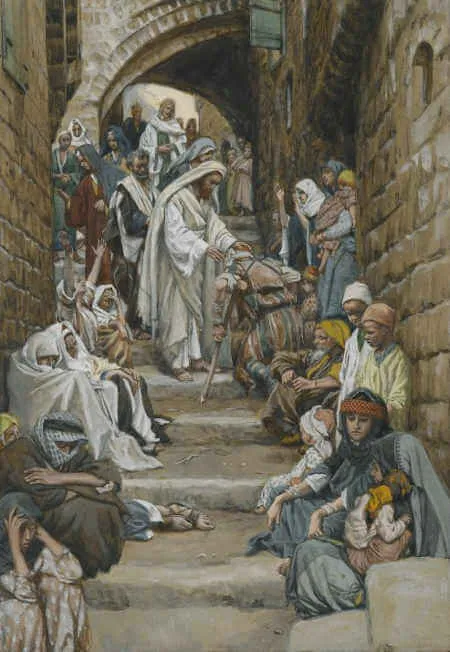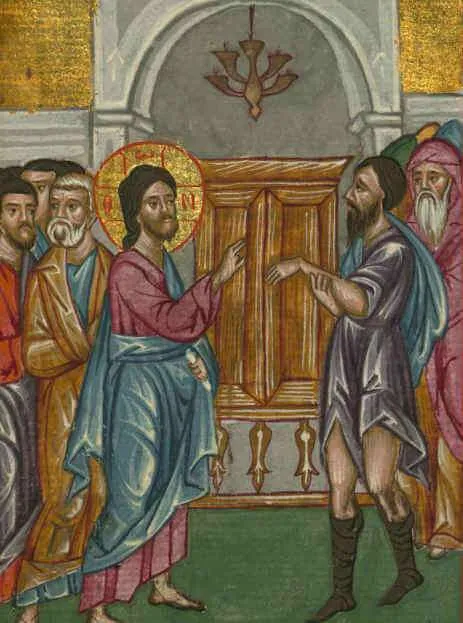Mark 4:20
The Deepest Desire of Your Heart
“Those sown among thorns are another sort. They are the people who hear the word, but worldly anxiety, the lure of riches, and the craving for other things intrude and choke the word, and it bears no fruit.”
Reflection:
This description from the Parable of the Sower seems to describe a growing number of people in our world today. The first grouping of people mentioned in this parable have little to no faith and are represented by the seed sown on the path which is quickly consumed by satan.
The second group of people have a little initial faith and are represented by seed sown on rocky ground. The passage above represents the third grouping of people who are like seeds sown in good soil but are also among thorns. The fourth are those who are like rich soil and the Word of God grows deeply in their lives. Let’s consider the third grouping of people in more detail.
There are three evils that choke off the Word of God in our lives: “worldly anxiety, the lure of riches, and the craving for other things.” In our day and age, there are many who encounter various types of anxieties, are consumed with a desire for material wealth and find themselves craving many other things. In all three cases, these interior temptations have the effect of overwhelming the pure Truth of the Word of God in their lives.
Anxiety is a common problem today. And though this is a psychological struggle much of the time, it also can have spiritual roots. Anxiety is the struggle of worrying excessively, nervousness about many aspects of life and an uneasiness about the future. In this case, when the Person of Jesus and the Truth of the Gospel message does not consume and direct our lives, we are left on our own to “figure it out.” And this loneliness will almost always lead us into a loss of hope, fear and lack of deep peace.
Most people who struggle with anxiety will constantly look for a cure. And one place they often look is the deceptive consolation of material wealth or the “craving for other things.” Imagine if you won a tremendous amount of money. Would this resolve your worries in life? Though you may be tempted to think it would, deep down we all know that this is a lie. Material wealth is never a reliable source of satisfaction in life. The same is true with almost everything else we “crave” in life. One thing and one thing alone can satisfy. And that one thing is God.
Reflect, today, upon those things in your life that seem to occupy your mental energy. What do you worry about, hope for, deeply desire? What do you falsely believe will relieve your interior struggles? What do you crave?
Take time today to remind yourself of the irrefutable truth that God, His holy will and all that He has revealed as True is the only source of satisfaction. Seek to let that Truth sink in deeply in your heart so that the Truths of God will grow and bear the abundant good fruit you so deeply desire.
Source: https://catholic-daily-reflections.com/2024/01/23/the-deepest-desire-of-your-heart-2/













